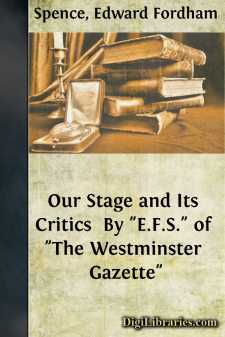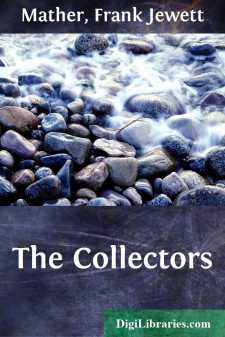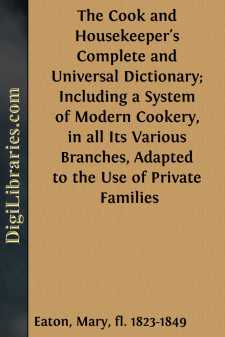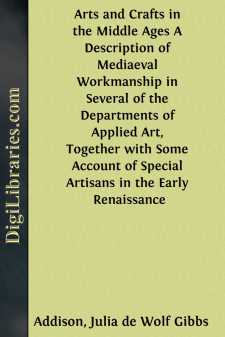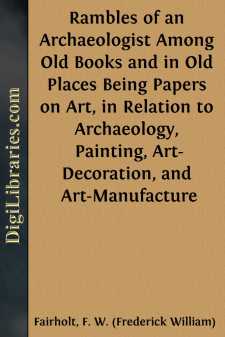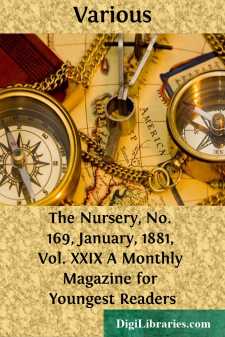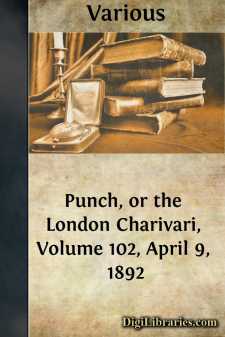Categories
- Antiques & Collectibles 13
- Architecture 36
- Art 48
- Bibles 22
- Biography & Autobiography 813
- Body, Mind & Spirit 142
- Business & Economics 28
- Children's Books 15
- Children's Fiction 12
- Computers 4
- Cooking 94
- Crafts & Hobbies 4
- Drama 346
- Education 46
- Family & Relationships 57
- Fiction 11828
- Games 19
- Gardening 17
- Health & Fitness 34
- History 1377
- House & Home 1
- Humor 147
- Juvenile Fiction 1873
- Juvenile Nonfiction 202
- Language Arts & Disciplines 88
- Law 16
- Literary Collections 686
- Literary Criticism 179
- Mathematics 13
- Medical 41
- Music 40
- Nature 179
- Non-Classifiable 1768
- Performing Arts 7
- Periodicals 1453
- Philosophy 64
- Photography 2
- Poetry 896
- Political Science 203
- Psychology 42
- Reference 154
- Religion 513
- Science 126
- Self-Help 84
- Social Science 81
- Sports & Recreation 34
- Study Aids 3
- Technology & Engineering 59
- Transportation 23
- Travel 463
- True Crime 29
Our Stage and Its Critics By "E.F.S." of "The Westminster Gazette"
Description:
Excerpt
CHAPTER I
THE DRAMATIC CRITIC
His Qualifications
The production of a play in the Russian tongue renders topical a phrase once used, not unhappily, by Mr Cecil Raleigh concerning the qualifications of the dramatic critic. After listening to a somewhat extravagant speech about the duties of the critic, he said that the dramatic critic ought, apparently, to be a "polyglot archangel." During the last few years we have had plays in Russian, Japanese, Bavarian patois, Dutch, German, French and Italian, to say nothing of East End performances in Hebrew and Yiddish, which we neglect. Latin drama we hear at Westminster; a Greek company came to the Court but did not act. A Chinese has been promised, and a Turkish drama threatened; Danish has been given; there are awful hopes of Gaelic and Erse; and goodness knows why we have escaped Echegaray, Lope di Vega and Calderon in the original. A Mezzofanti would be at a premium in the craft if knowledge of languages alone were sufficient; but one may know many tongues and possess no judgment. We have to accept great responsibilities. Some people measure the greatness of the responsibilities by the amount of money involved in theatrical enterprises; it is hardly necessary to discuss seriously this point of view. Nevertheless the fact remains that the voice of the critics has some effect upon the fortunes of ventures involving large sums of money and the employment of many people. It is rather curious to see how lightly as a rule the influence of the critics is regarded; for instance, from some remarks uttered by Sir John Hare it appears that he thinks they are not influential. Here are his words taken from an interview published in a newspaper.
The Interviewer: "How is public taste formed? Do newspaper criticisms affect it?"
Mr Hare: "Very little."
This view is rarely pressed upon a jury by the plaintiff in a libel action, and it may be remarked that although, when a play is running well, some managers almost ignore us, as soon as business drops they become delightfully amiable and long for our presence. Moreover, at considerable expense, they quote our opinions if favourable—even with judicious modifications when unfavourable.
Perhaps the matter of languages is not of very great importance, seeing that most of the critic's work concerns English Drama, or drama in what is supposed to be English, which, too often, is quite a different thing. What, then, are the necessary qualifications of the critic who takes his work and himself seriously?
He should have some knowledge of music—enough, at least, to know whether incidental or "melodrama" music is congruous with the time, place and occasion of the play, and to be able to identify well-known works. At a time when money is spent very lavishly upon scenery and costumes, he ought to possess some theories, or at least ideas, concerning pictorial art, the history of modern painting and the like, and be capable of guessing what a daring experimentalist like Mr Gordon Craig is aiming at and what relation his scene-pictures bear to the current cant of the art critic....


